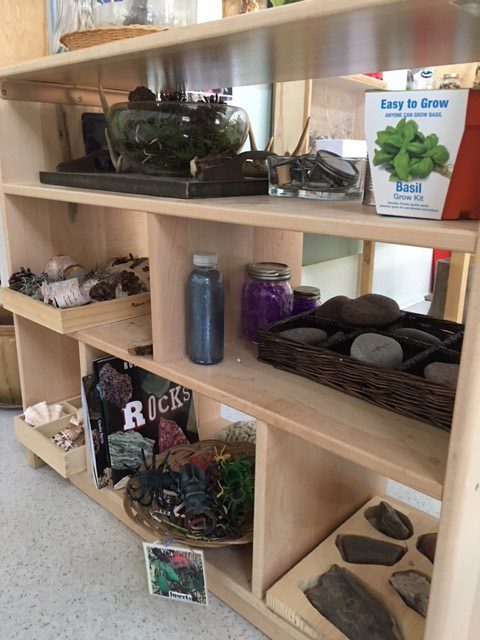
Quote: Challenge & Complexity


The College of Early Childhood Educators developed a Practice Guideline in July 2020 on Pedagogical Practice. In this Practice Guideline, the College defines pedagogy as follows:
“Pedagogy is the understanding of how learning takes place and the philosophy and practice that supports that understanding of learning. Pedagogical thought is growing in complexity and must consider diverse and changing contexts (Vintimilla, 2019). Across Canada, and internationally, there are growing theoretical and practical discussions that describe pedagogy as a way of being that sparks conversations about life, the environment, community and relationships (CECE, 2020, p. 4).”
As you reflect on this definition of pedagogy, we encourage you to consider:
We welcome you to share your thinking with us below.
I had the pleasure of attending a presentation given by two educators at Schoolhouse Playcare Centre. These educators shared an interesting journey that they’ve had in the preschool room about doors. It was incredible to see how the educators extended this interest and acted as co-learners with the children.

The two educators truly embraced the inquiry process. Through their observations, they determined the children were curious about doors. They planned for new ways of exploring doors throughout the program such as in the art and blocks areas, and they created documentation to educate families and community members about the learning, interests, and questions they’ve been exploring. Some exciting highlights were:
Thank you for the hard work you are doing with the children and families at Schoolhouse Playcare Centre. You have truly fostered the four foundations throughout this journey and it’s great to see the creative ways that families have been engaged along the way. Additionally, thank you to Wanda for inviting me to attend this presentation; attending these types of events is one of the best ways for us to build positive relationships with educators.

We had an incredible time with everyone who came out to the HDLH Bus Tour on Saturday. Child care and EarlyON educators mingled together, shared ideas, observed, inquired, and (best of all) enjoyed some WHEELY awesome bus jokes!
Thank you to everyone who participated, and to all of those who helped to make this event possible. A special thank you to the four operators who took part in our planning committee and offered to host the tour at their centres. An additional thank you to our incredible bus driver, Kirk, who was a team player and kept us laughing all throughout the day!
The first stop was at the Sherbrooke EarlyON where we were inspired by the many ways to incorporate loose parts into the environment. Educators looked closely around the environment, and many were inspired by the bulletin board that read “WHAT DOES PLAY MEAN TO YOU?”
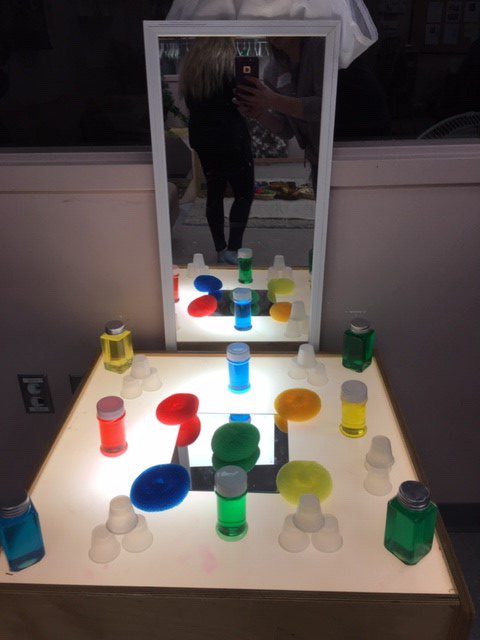


Next, we headed to Rural Roots where the educators had presented a multitude of displays and invitations to play. Several educators took a liking to the way natural elements and real materials were used to extend classic learning opportunities. For example, using a real log for the Five Green and Speckled Frogs.
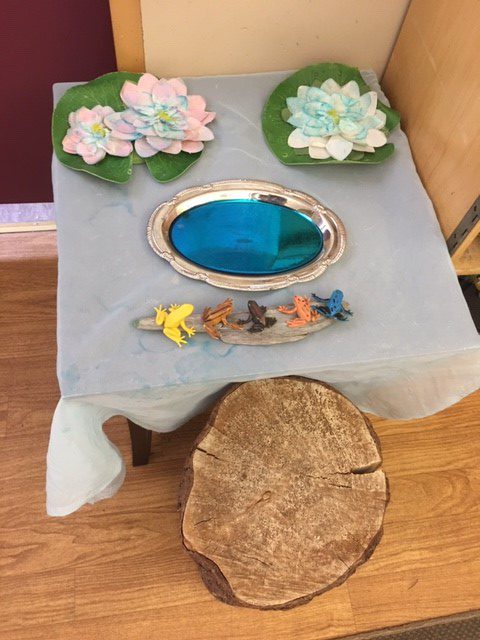
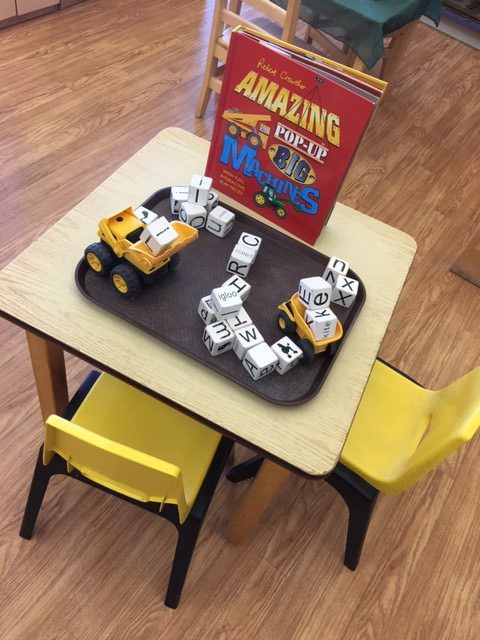

We FUELED the educators up with lunch, and headed to our next stop – Abiinojiishiik-amino-yawook. Here, educators were offered a traditional experience through a smudging and drumming ceremony that was followed by an opportunity to taste bannock and cedar tea. Miigwetch!Â
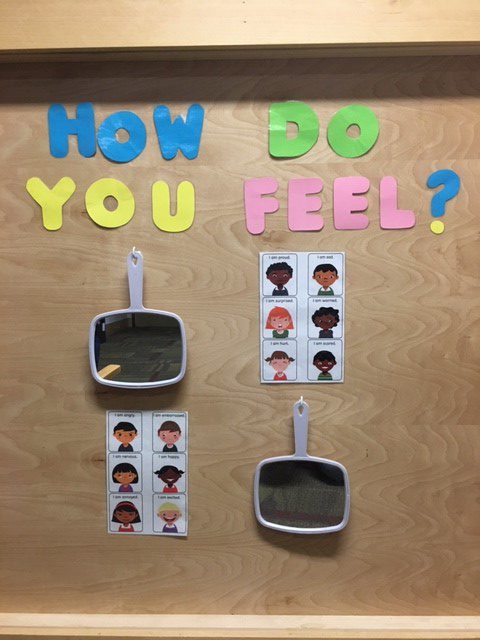
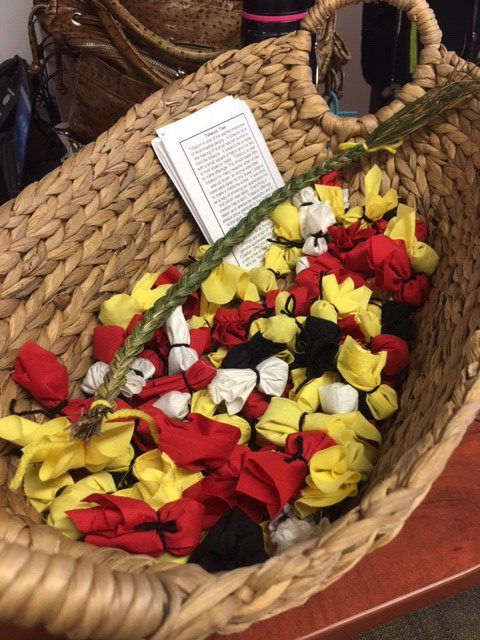

Last, but not least, we arrived at Nanabijou. Here, the educators from Nanabijou were excited to share their talents with us. As we made our way through the centre, we discovered the concept of ateliers and observed new ideas for incorporating nature into the program.




Below is a snapshot of some of the learning that took place throughout the day:
“I was able to gain a new understanding of how educators foster the 4 foundations through materials and how to extend children’s learning through the use of loose parts”
“I enjoyed how the EarlyON Centres celebrate their families and I feel I can build upon these ideas and traditions.”
“I really enjoyed the indigenous teachings. I will be able to bring these new ideas back to our program and learn with our families.”
“Documentation doesn’t have to be difficult, it can be very simple.”
“Great to see different views. Can we network more often?”
There is a lot of fantastic work happening in our community and there is no shortage of talent and creativity among our early years sector. Have a look at some of the amazing activities below that are engaging the minds of young learners throughout the District of Thunder Bay. Consider how these activities reflect the four foundations of How Does Learning Happen.
As an example, the foundation Engagement encourages educators to facilitate opportunities for children to learn through exploration, play, and inquiry. Furthermore, “the environment plays a key role in the quality of children’s exploration and play. Indoor and outdoor spaces, materials, and furnishings (including how they are positioned), accommodations to ensure equitable learning opportunities and participation for children with special needs, as well as the general design of the space, and the organization of time, all have a significant influence on children’s level of engagement and the possibilities for in-depth exploration and learning” (HDLH, 2014, p. 36).
We encourage you to reflect on your programs using the questions below. Additionally, you may be interested in sharing these at a staff meeting or having educators reflect in a journal. We also welcome you to share your reflections with us if you would like us to reflect with you.
Questions for Reflection:
